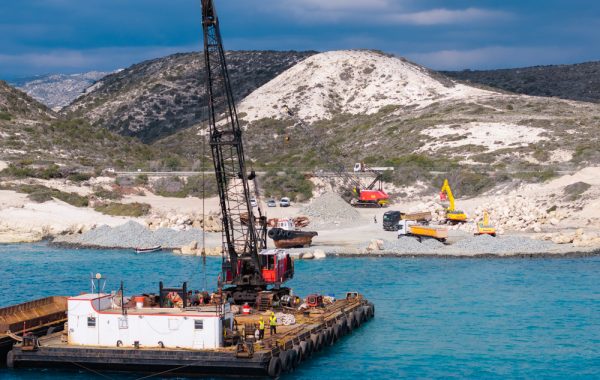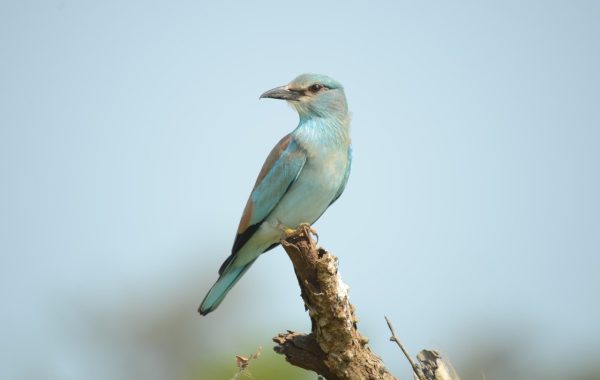The agriculture committee of the European Parliament (COMAGRI) has blocked a regulation amendment proposing to ban the use of pesticides in Ecological Focus Areas, areas that are dedicated to nature conservation.
The European Commission proposal thrown out by COMAGRI was intended to strengthen a weakness in the current rules, and to justify the many billions of Euro that are spent on this key farming policy. As part of the ‘greening’ of direct CAP (Common Agricultural Policy) subsidies to farmers, some arable farmers must dedicate a modest 5% of their land to conserve biodiversity. But this 5% Ecological Focus Area (EFA) can be sown with certain crops and can be sprayed with pesticides, undermining its effectiveness as a space for nature.
“The absurdity of allowing the use of pesticides in areas that are designated for nature conservation is blatantly apparent to everyone other than those who voted for it in the AGRI committee. Europe spends billions of Euros to have ‘Ecological Focus Areas’ across our farmland, and the AGRI committee seems determined to prevent them from living up to their name,” said Thomas Quinn, EU Agriculture Policy Officer at BirdLife Europe.
The COMAGRI MEPs maintain that they are objecting on principle because the European Commission has bundled 14 separate amendments to the delegated regulations in one act. However, it is clear that they disagree with only one of these amendments – the ban of pesticides on EFAs.
Despite the recent citizens’ call for CAP reform – in which over 250,000 people have asked the Commission to stand up for a Living Land – MEPs have not listened. This makes it all the more clear that such important legislation on the future of our food and farming system should be discussed by all relevant committees in Parliament and not solely amongst those who benefit most from the existing policy.
The European Parliament plenary will vote on the issue next month. “We have to hope our MEPs will reject the COMAGRI position and move to ban pesticides in EFAs, allowing some biodiversity to thrive in corners of our farmland, which is what these green payments are meant to be about”, said BirdLife Cyprus Director Martin Hellicar.




